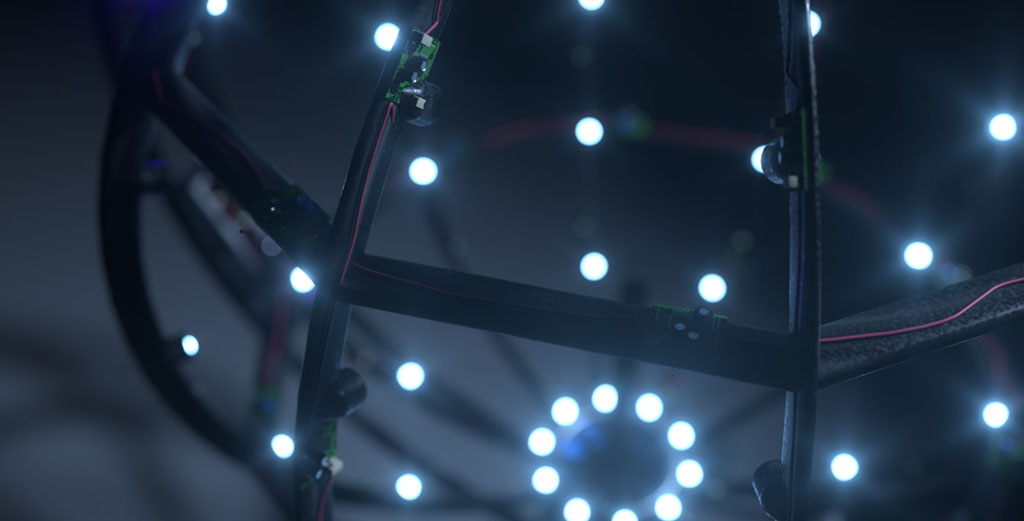Able to produce hyper-realistic 3D models of scanned objects, M-XR’s technology’s unique selling point is the automated extraction of real-world material maps. Instead of having 3D artists manually apply synthetic materials to a 3D model by hand - a cumbersome, time-consuming, and difficult task -, M-XR captures and converts a real-world object into a 3D asset, completing it with measured material properties. According to the company, this isn’t possible with existing solutions.
With the recent investment, M-XR plans to establish the full potential of the technology with existing and emerging 3D markets and form new partnerships in relevant verticals such as fashion and film. Additionally, the company will collaborate with Quixel, a company behind one of the largest and fastest-growing and free to use with Epic’s Unreal Engine (UE) scan libraries - Quixel Mixer, Quixel Bridge, and Quixel Megascans - acquired by Epic in 2019. The three companies, Epic, Quixel, and M-XR, will also work together to optimize further Quixel’s ability to generate assets at scale.
“In order for virtual worlds to scale and content to flourish, we need to solve 3D production bottlenecks,” Ryan Howell, CEO of M-XR, stated.
“Currently, the bar for producing a realistic 3D asset or experience is incredibly high, almost exclusive to teams of highly skilled 3D artists who possess the relevant skills and experience. To build enough variety for these existing and emerging mediums, we must develop tools that empower new and existing stakeholders to creatively explore new mediums without the hindrance of time or cost. We feel Epic shares our vision, and that’s why we are proud to continue working closely with them.”
Last year, Epic’s MegaGrants program, a $100 million fund to financially support projects built with Unreal Engine, awarded M-XR with a MegaGrant to further the research and development of the company’s new 3D capture methodology.
While UE was exclusively a videogame development engine in 1998, it has gained quite some traction in other industries, including VR, AR, MR, and Digital Twins for AEC, in the past few years. Last year, Epic purchased Sketchfab to make 3D, AR, and VR content more accessible hosted the “Build: Architecture 2021” event, and announced the integration of Capturing Reality into Unreal Engine. Recently, together with Capturing Reality and Quixel, Epic announced a new 3D scanning app, RealityScan, to enhance the photogrammetry process for creators.
Epic’s big push to bring UE to the AEC space is clear, and the many investments the company makes in different technologies, such as this one in M-XR, make that expansion possible. With the recent release of UE 5, which promises to bring many improvements over UE 4, let’s see what the future holds.






